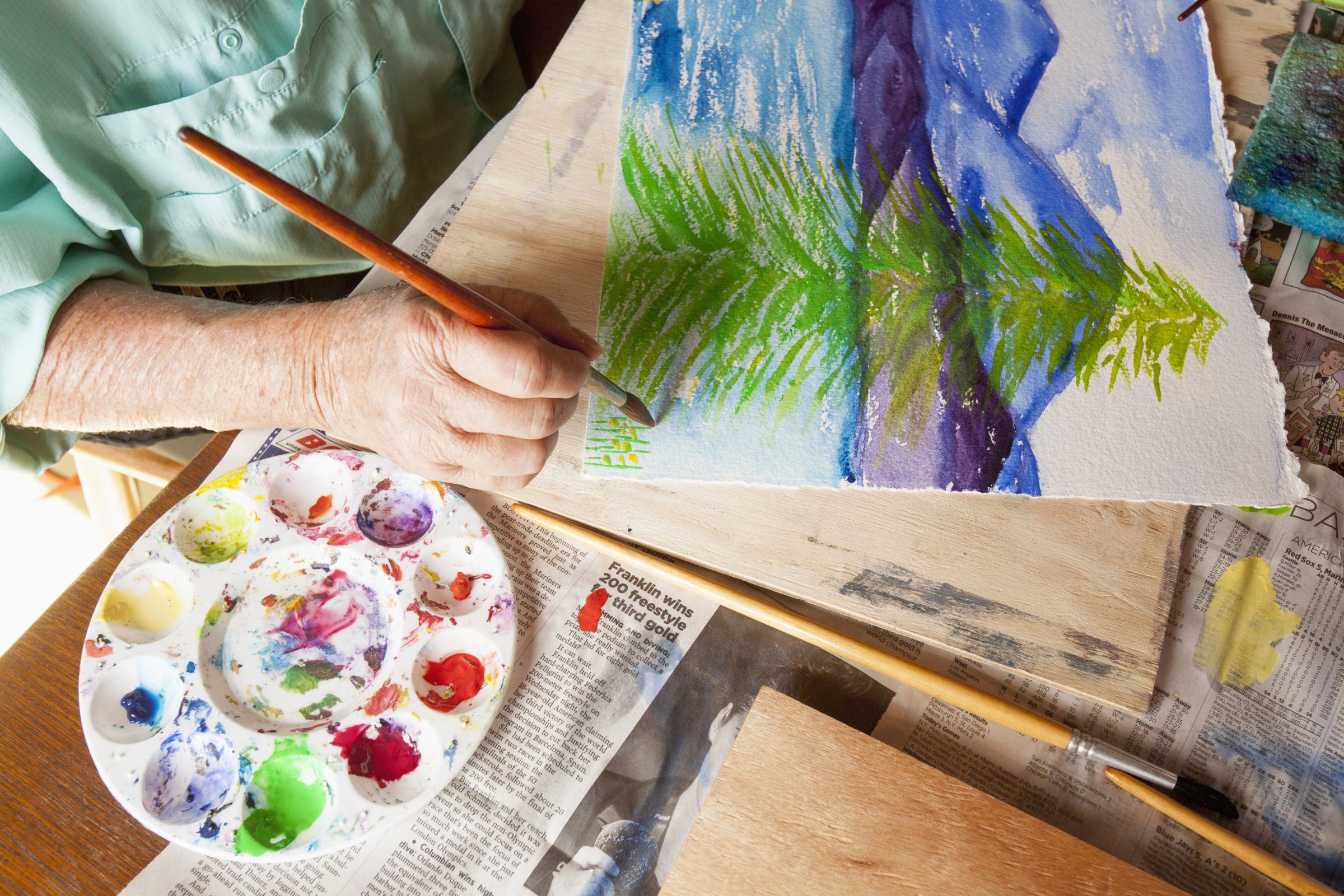
Have a creative outlet has long been considered good for your well-being, but a new study suggests it will help you be better at your job.
Researchers from San Francisco State University surveyed 341 employees about their creative activities, including what they do during downtime, how creative they are at work and how well they supported their employer and co-workers.
The researchers let the interviewees determine for themselves what “creative activities” meant — and the results spanned from writing to video games. Originally, the researchers wanted to know if having a creative outlet impacted a worker’s performance by allowing them to detach and recover from a stressful work day. But they realized it wasn’t so simple because it’s hard draw to a line between career and hobby for some people. For example, a wedding photographer by trade may take pictures of landscapes in their free time. The work is still very similar to their day job, so “detaching” from the daily grind doesn’t fully apply.
What they discovered was that partaking in creative activities was linked to experiencing mastery, control and relaxation, as well as reported positive work performance related outcomes.Why? The researchers are not certain, but it’s likely that people learn new skills through their other activities, and these skills may be applied to their daily work.
“It can be rare in research to find that what we do in our personal time is related to our behaviors in the workplace, and not just how we feel,” said study author Kevin Eschleman, an organizational psychologist at San Francisco State University in a statement.
Even though what the participants defined as “creative” was different for each person, the researchers said that whatever the activity was, it provided them with some form of self-expression and ability to discover something new about themselves. This type of experience can have implications beyond just relaxation after a hard day, but can actually help people with their day-to-day duties, like problem-solving.
The study is published in the Journal of Occupational and Organizational Psychology.
More Must-Reads From TIME
- The 100 Most Influential People of 2024
- The Revolution of Yulia Navalnaya
- 6 Compliments That Land Every Time
- What's the Deal With the Bitcoin Halving?
- If You're Dating Right Now , You're Brave: Column
- The AI That Could Heal a Divided Internet
- Fallout Is a Brilliant Model for the Future of Video Game Adaptations
- Want Weekly Recs on What to Watch, Read, and More? Sign Up for Worth Your Time
Contact us at letters@time.com